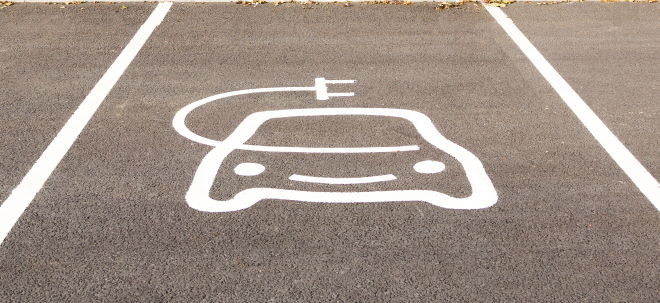Medvedev visit watershed for Namibia’s energy and trade Contributed by Toivo Ndjebela Thursday, 18 June 2009 RUSSIAN Ambassador to Namibia, Nikolai Gribkov, said the forthcoming visit of Russian President, Dmitry Medvedev, to Namibia provides an ideal opportunity for the two countries to transform their political cooperation into strong economic and trade ties. In an exclusive interview with Informanté over the weekend, Gribkov said Medvedev’s visit to Namibia signals Russia’s commitment to start serious business activities with Namibia, as opposed to just political ties. Medvedev’s trip to Africa, which will also include Angola and Nigeria, is a second visit by a Russian head of state to Africa, after former Russian President Vladimir Putin’s two-day state visit to South Africa in September 2006. Russia has previously indicated her intention to invest in Namibia, especially in energy, tourism, and mining sectors. With this in mind, Gribkov hinted that major agreements would be signed during Medvedev’s stay in Namibia. The Russian head of state will lead a delegation of about 200 businesspeople and top government officials, whom sources say would comprise about 30 ministers. “Namibia is one of the richest nations in this part of the world, just like Russia is in that part of the world. We are aware of what Namibia’s needs are and are ready to invest in areas where both countries would benefit,” said Gribkov. Medvedev’s visit could re-ignite the two governments’ intentions to set up a nuclear power plant in Namibia, as proposed by Russian Prime Minister Mikhail Fradkov during his visit to Namibia in 2007. With Namibia having just leapfrogged Russia as the fourth largest uranium producer in the world, the Kremlin may take full advantage of Medvedev’s visit to exploit the African country’s uranium reserves. In 2007, three Russian mining giants Techsnabexport, Renova and Vneshtorgbank established a joint venture to mine uranium in Namibia, after acquiring prospecting licences. The joint venture and the subsequent mining of the mineral could be a major boost for Namibia’s energy aspirations, especially if the nuclear plant plans are still on the cards. For the past two years, Namibia has experienced major reductions in energy supplies from South Africa, and national power utility NamPower, with Government’s assistance, has been exploring other avenues to ensure the country has adequate power supply. Russia continues to show interest in Namibia’s oil and gas prospects. To that effect, a subsidiary company of a Russian company, Sintezneftegaz Namibia (Ltd), was granted an exploration licence to develop offshore and onshore oilfields in Namibia at block 1711 in the Namibe Basin. “The company is still busy exploring and they have indicated that their area of exploration contains gas deposits that could be exploited at commercial level,” Gribkov said. A lot of the new business partnership between Russia and Namibia is bridged by the Namibia-Russia Intergovernmental Commission on Trade and Economic Cooperation. “The Commission aims to strengthen economic and bilateral ties between our two countries and it has been doing well so far,” the Russian Ambassador further said. It was through the Commission that the Russian-Namibian joint venture company, VTB Capital Namibia was established in July 2006. The company is co-owned by JSC Bank VTB of Russia and Capricorn Investment Holdings, the parent company of Bank Windhoek. VTB Capital Namibia lures Russian businesses, technology and investment to Namibian market and sub-Saharan Africa in order to implement jointly the most interesting and promising projects in the region, including the international financing of the projects. - ToivoN@tgi.na |


 Thread abonnieren
Thread abonnieren


